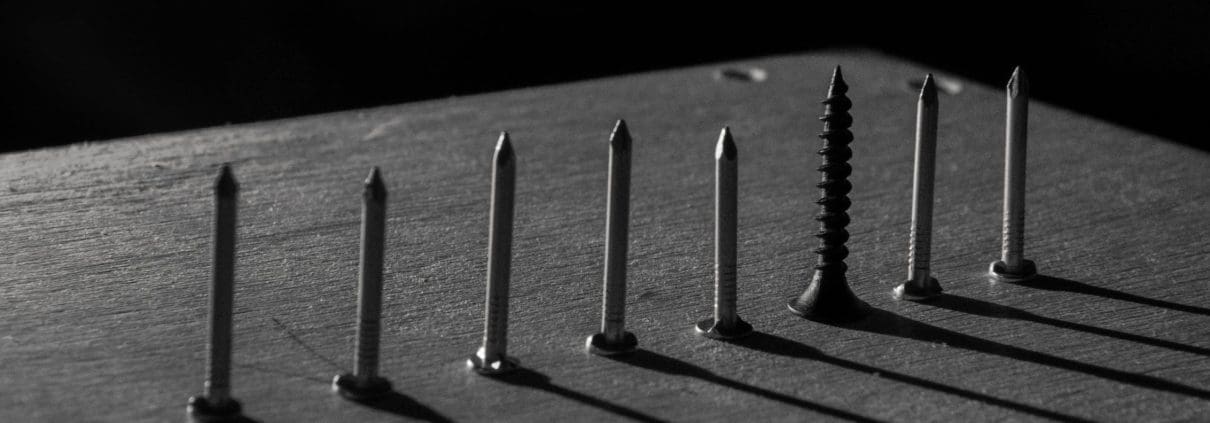How to Choose the Right Screws and Nails for Your DIY Project
Choosing the right fasteners—screws and nails, in this case—is a crucial yet often overlooked aspect of any DIY project. The right type of screw or nail can be the difference between a successful, long-lasting project and a shaky structure that’s doomed to fail. In this comprehensive guide, My Local Handyman in Brisbane helps you navigate the world of screws and nails so you can make informed choices for your next DIY endeavour.
The Importance of the Right Fasteners
Fasteners may seem like small, inconsequential components, but they play a vital role in holding your project together. Picking the wrong type can lead to:
- Structural weakness
- Corrosion and material degradation
- Extra costs and delays due to rework
Nails vs. Screws: A Quick Comparison
Nails
- Pros: Quick to install, less expensive, good for shear strength.
- Cons: Less holding power for pulling forces, harder to remove.
Screws
- Pros: Strong holding power, can be easily removed, excellent for tensile loads.
- Cons: More expensive, require pre-drilled holes, longer installation time.
Factors to Consider
Material
Different materials require specific fasteners. For instance, you wouldn’t use the same nails or screws for hardwood as you would for softwood or metal.
Load
Consider the amount and type of load the fasteners will bear. Shear loads are best handled by nails, while tensile loads are better suited for screws.
Environmental Conditions
For outdoor projects, choose fasteners that can withstand moisture and temperature changes, such as galvanized or stainless steel options.
Types of Screws
Wood Screws
- Use: Best for woodworking projects.
- Material: Usually made of brass, bronze, or steel.
Machine Screws
- Use: Ideal for joining metal components.
- Material: Typically made of stainless steel for strength and corrosion resistance.
Drywall Screws
- Use: Specifically designed for attaching drywall to studs.
- Material: Usually made of steel and feature a bugle head.
Types of Nails
Common Nails
- Use: General-purpose applications like framing and construction.
- Material: Usually made of steel.
Finishing Nails
- Use: Fine woodworking and trim work.
- Material: Can be made of steel or brass.
Roofing Nails
- Use: Used in roofing projects, as the name suggests.
- Material: Typically made of galvanized steel for outdoor durability.
Tips for Making the Right Choice
- Length: The general rule is that the fastener should penetrate the material to at least half its length.
- Pilot Holes: For screws, especially in hardwoods, drilling a pilot hole can prevent the material from splitting.
- Corrosion Resistance: If your project is outdoors, choose screws and nails that are corrosion-resistant.
While they may seem like minor components, choosing the right screws and nails is critical for the success and longevity of your DIY project. Taking the time to understand the different types and their applications will help you make informed decisions and contribute to a sturdier, more reliable outcome. And remember, if you’re ever in doubt or facing a particularly complex project, My Local Handyman in Brisbane is just a phone call away. Happy building!




Leave a Reply
Want to join the discussion?Feel free to contribute!